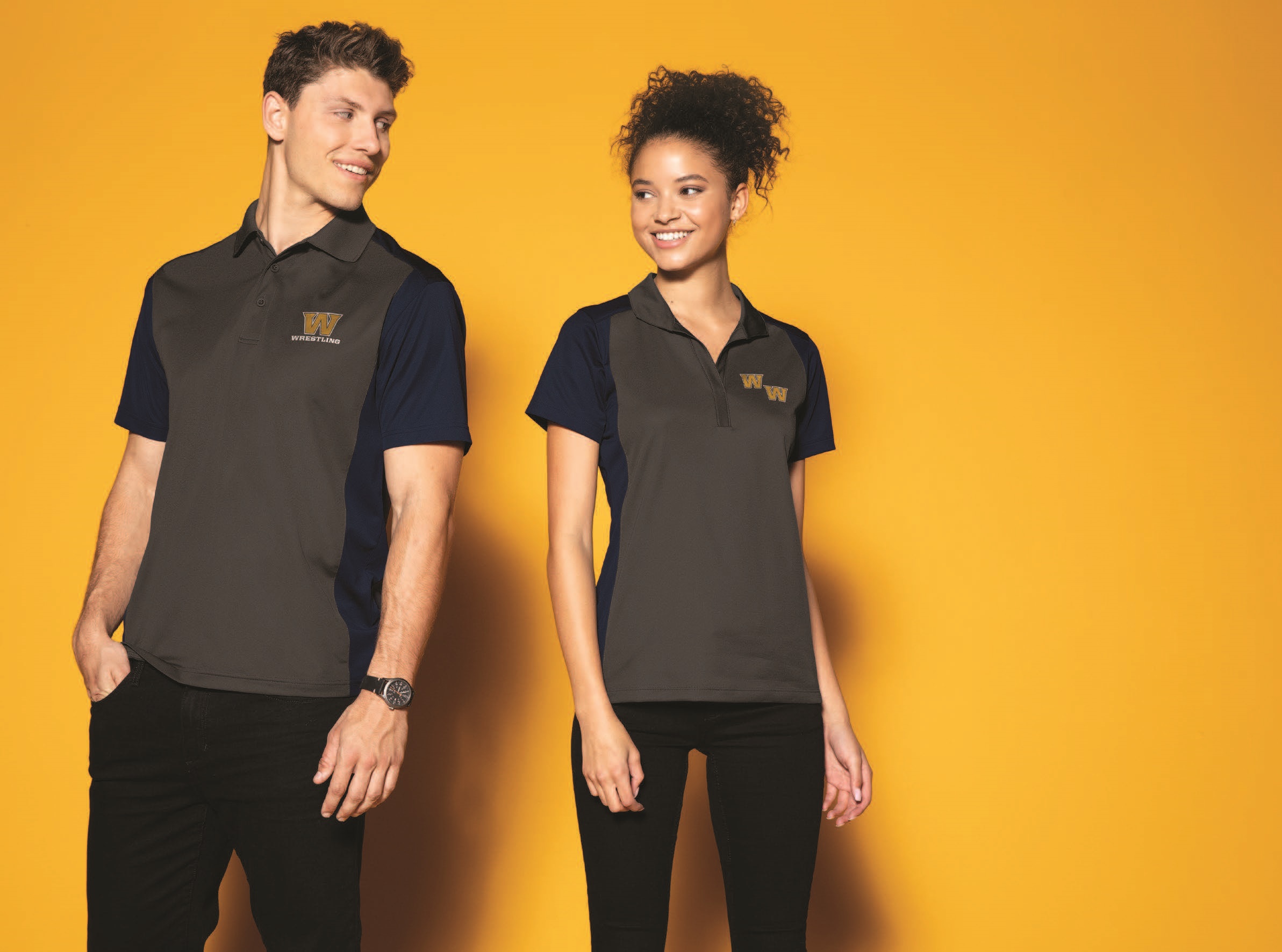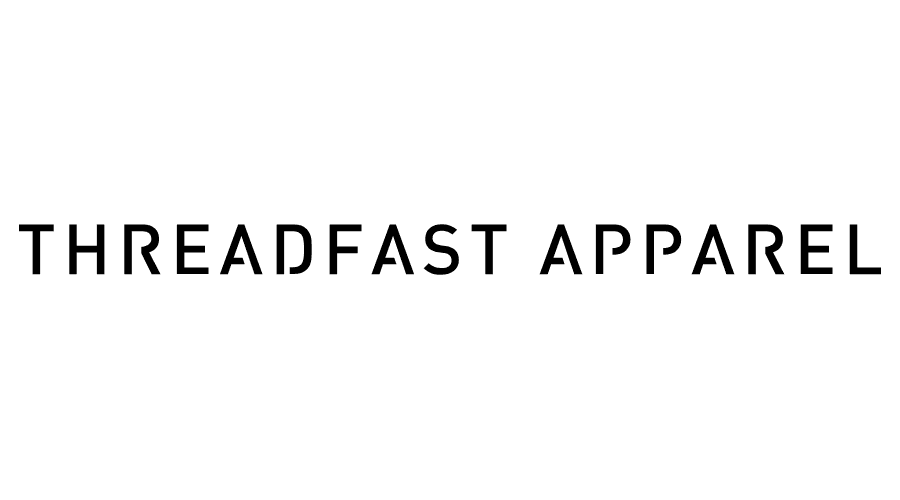Instagram is much more than just a way to share pictures with old timey filters. That might have been the app’s primary focus when it debuted almost 10 years ago. But now it’s the basis for a much larger e-commerce platform.
Recently, the Facebook-owned app implemented a way for people to shop for products directly in the app, rather than having to go to a third-party site or type in URLs in a separate web browser.
The goal was for companies that partner with Instagram to see results and, eventually, continue posting things for sale on that Instagram marketplace.
One of the biggest brands in the world, Spanish soccer giant Real Madrid, has seen some pretty impressive e-commerce growth from Instagram. After gaining 12 million new followers from 2020 to 2021, Real Madrid reported that 75,000 Instagram users accessed the official Real Madrid online merch store as a result of the shopping labels included on Instagram.
Real Madrid credited the ability to add creative touches like emojis, filters and other tools to create a wide variety of marketing material that appeals to shoppers.
“We include the labels in more organic content that our fans will not perceive as too commercial,” a club spokesperson told 2playbook. “[It is] relatively easy to integrate e-commerce objectives into our daily content strategy thanks to Instagram shopping tags.”
When Instagram made this move to be more commercial, it could have gone either way—people could have hated the invasion of e-commerce, or they could see it as a convenient way to see view products they’d like to purchase and buy with no hassle.
In the case of Real Madrid, the result was the latter. And it proves that even one of the biggest and most recognizable brands in the world can still find more ways to advertise itself and break new ground.
It’s also proof of concept for Instagram as a viable e-commerce platform. Not every brand will have the same results as Real Madrid, but they now have another legitimate channel for driving digital audiences to buy branded merchandise.



